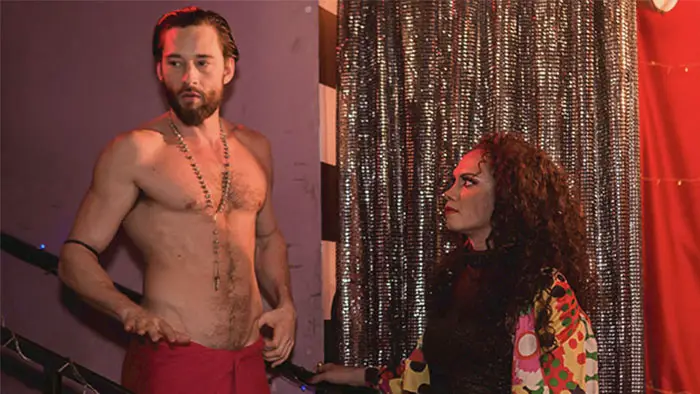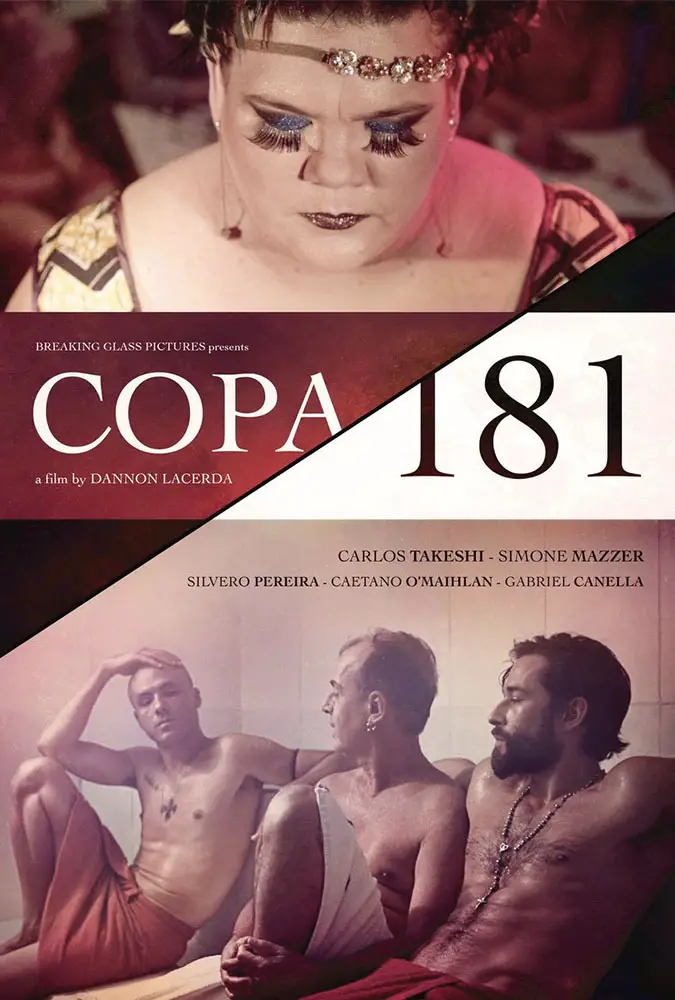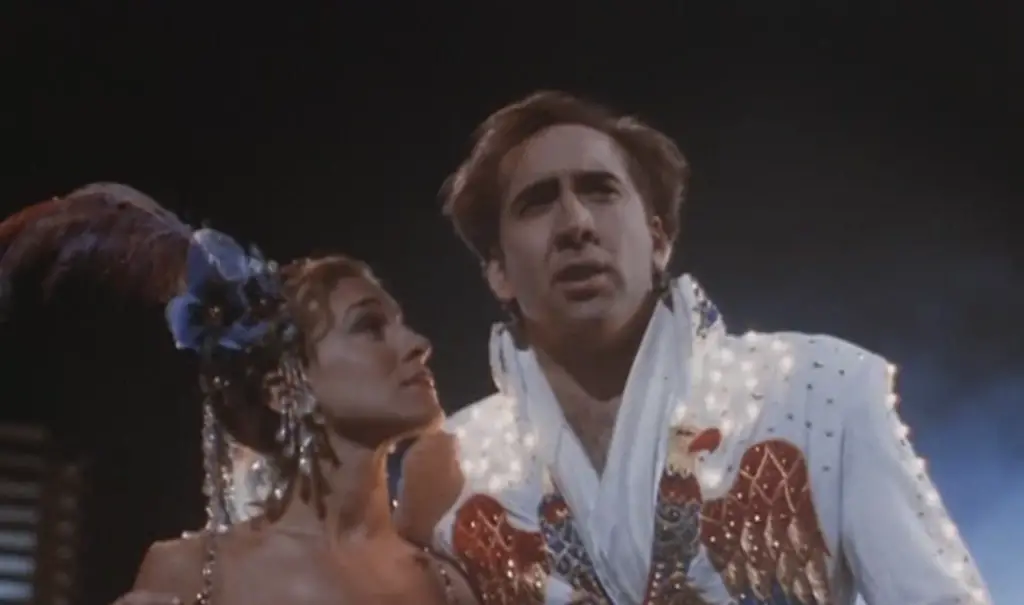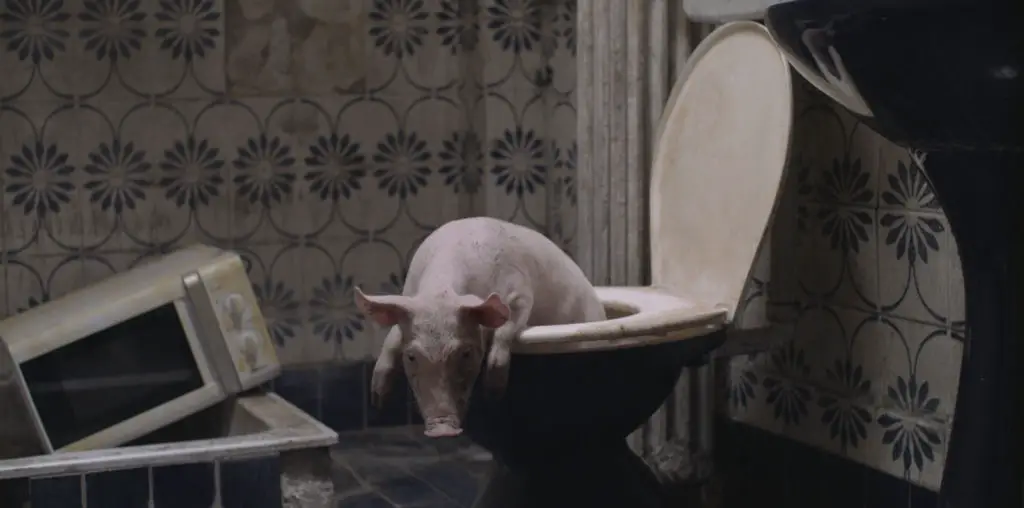
The story lands in subtle waves, never too obvious or direct. Labels are avoided. Tana may be gay, bi, or fluidly something in between. He loves Eros, but he also seems happiest when he’s with men at the bathhouse and says so when asked. As we learn their history, it’s clear they have been through much together. She feels she’s missed out on travel and other adventures in life because they married so young. He moved from his home in Japan to be with her. They have both compromised to be together.
In his first feature film, Brazilian writer/director Dannon Lacerda paints this slice of life with a calm, understated grace. People move forward in quiet desperation, carving out their own happiness, or suffering for want of it. In a refreshing change of pace, the actors look like ordinary people. Mazzer is overweight. Takeshi is not unattractive but also does not have movie-star looks. Only the escorts at the sauna are particularly good looking, which tracks, given their profession. Adding to the quiet elegance of the film is the lyrical Portuguese dialog (with English subtitles).

“…paints this slice of life with a calm, understated grace.”
Rio has an uneven record on gay rights and LGBTQ acceptance. In 2011 there were legal protections in place, but more recently, religious and right-wing forces have sought to roll them back. Copa 181 is a window into a part of queer culture that still thrives in the city.
Regardless of your place on the Kinsey scale, Copa 181 is enjoyable as an empathetic tale about love, life, and relationships that doesn’t beat you over the head with any particular message. The viewer shares a moment with the human struggles and pains of Tana, Eros, and Kika.

"…a window into a part of queer culture that still thrives in the city."



I was very happy with this article, because I made a film without budget or sponsorship, only with my resources, but with the strong desire to tell a human story, simple, loving, as well as so many that happen in gay saunas in the world and that deserve the our affection and respect. Fortunately, the film was well accepted by festivals and the public, and that is exactly what every filmmaker wants … to get to hearts. Thanks.